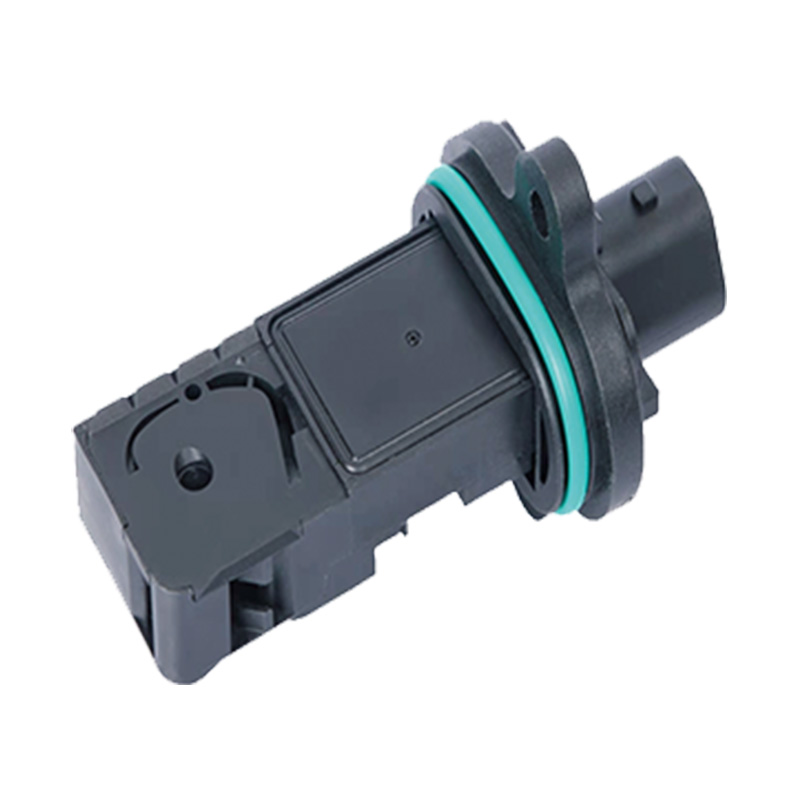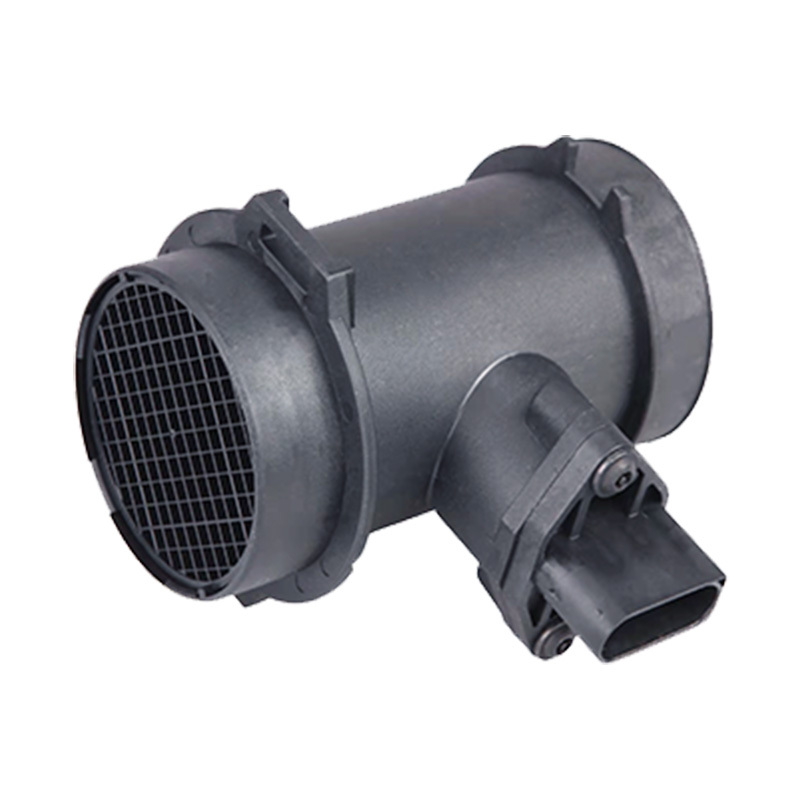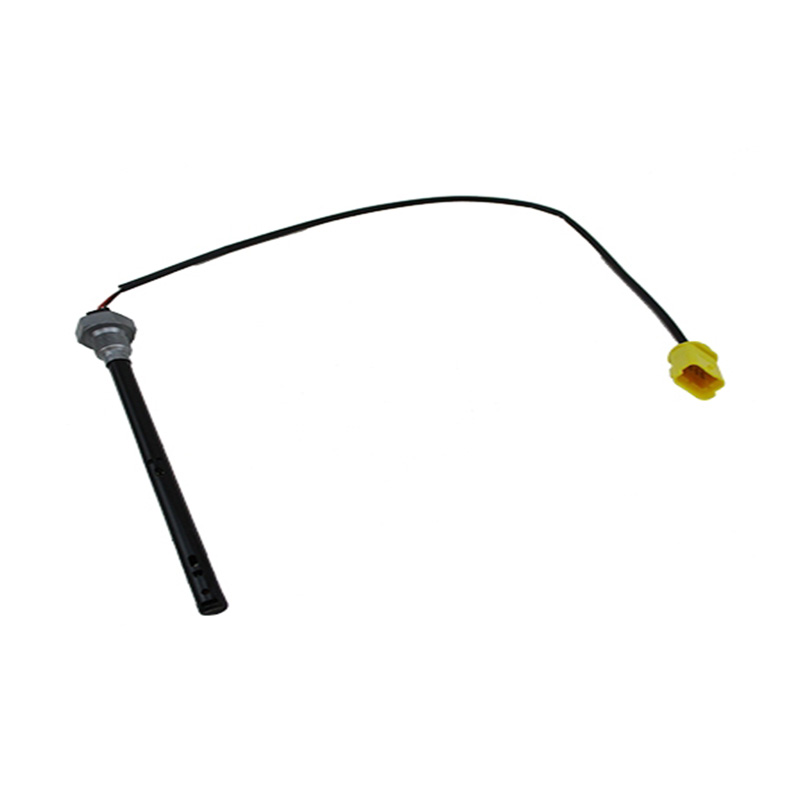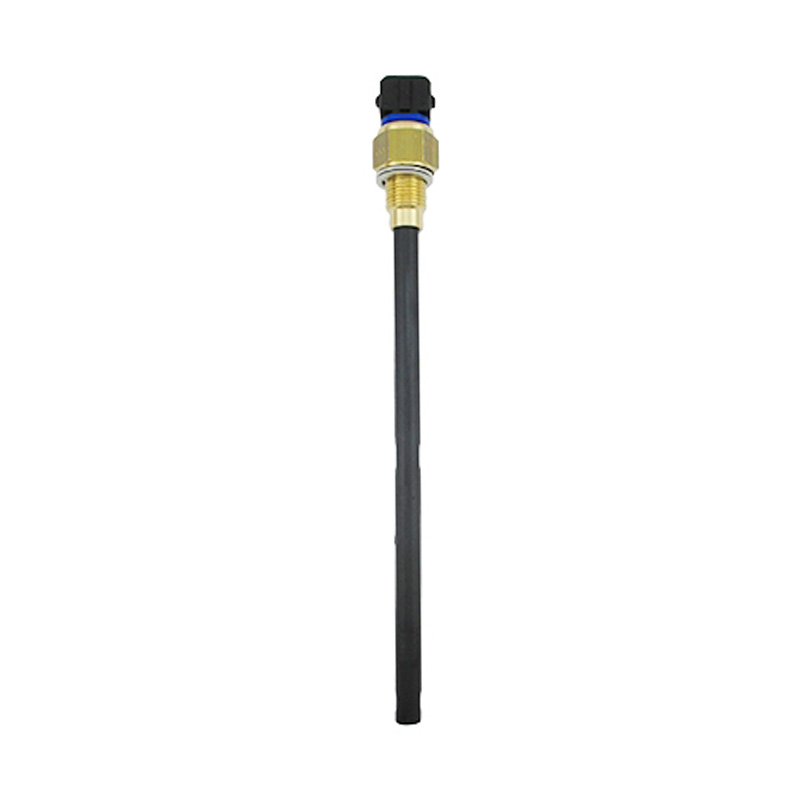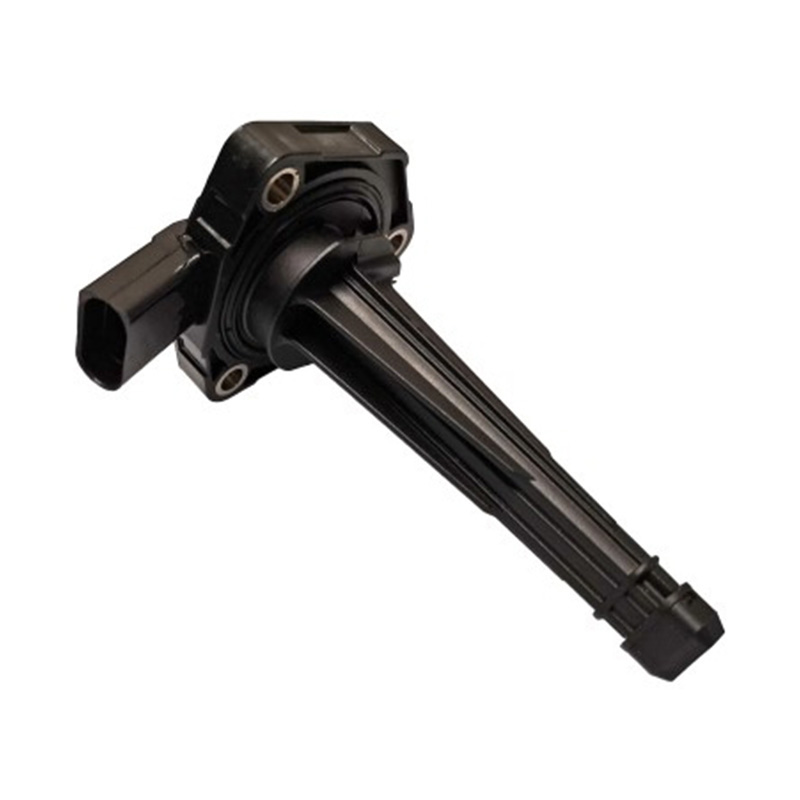OEM.NO: 0280 218 429 0280 218 430
See DetailsAuto Air Flow Sensor Audi Technology and Advancements
The auto air flow sensor is a critical component in modern Audi vehicles. Its primary function is to measure the volume of air entering the engine’s intake system, enabling the engine control unit (ECU) to adjust fuel injection for good performance. Accurate air measurement ensures efficient combustion, consistent engine power, and reduced emissions. In Audi vehicles, a properly functioning air flow sensor contributes to smooth acceleration, stable idling, and overall engine reliability.
How the Auto Air Flow Sensor Works
Auto air flow sensors in Audi vehicles typically use either hot wire or hot film technology. These sensors measure the mass of incoming air by monitoring changes in a heated element’s electrical resistance or voltage as air passes over it. The sensor converts these changes into an electronic signal that the ECU uses to calculate the precise amount of fuel needed for combustion. This real-time data allows the engine to adjust fuel delivery under various driving conditions, from city traffic to highway cruising.
Some Audi models feature integrated intake air temperature sensing within the air flow sensor. This provides additional data to the ECU, allowing for more precise air-fuel mixture adjustments. Accurate readings are particularly important for turbocharged engines, where air density can fluctuate based on temperature and pressure.
Signs of a Faulty Air Flow Sensor
A malfunctioning air flow sensor can noticeable engine performance issues. Common symptoms include uneven acceleration, rough idling, difficulty starting the engine, or the illumination of the check engine light. Fuel efficiency may also decrease, and exhaust emissions can increase. Addressing these issues promptly ensures continued engine reliability and prevents potential long-term damage.
Maintenance and Cleaning
While air flow sensors are generally durable, keeping them clean is essential for accurate performance. Dust, oil, and other debris can accumulate on the sensor’s element, causing incorrect readings. Regular inspection and cleaning with a specialized sensor cleaner can help maintain good performance. If cleaning does not restore proper function, replacing the sensor ensures the engine continues to receive accurate airflow data.
Impact on Fuel Efficiency and Emissions
In Audi vehicles, the air flow sensor plays a key role in maintaining fuel efficiency and controlling emissions. By accurately measuring incoming air, the ECU can optimize combustion, reducing unnecessary fuel consumption and lowering harmful exhaust emissions. Proper sensor function also contributes to meeting modern environmental standards while supporting smoother engine operation.
Technological Advancements
Modern auto air flow sensors in Audi vehicles have become more precise, durable, and responsive. They can operate under a wide range of temperatures, resist contamination, and provide faster real-time data to the ECU. Some sensors are integrated with additional engine management components to further enhance performance and efficiency. These advancements ensure more reliable engine operation and better overall vehicle efficiency.
The auto air flow sensor is a vital component in Audi engines, enabling accurate air measurement for efficient fuel delivery, improved performance, and reduced emissions. Regular maintenance, including cleaning or replacement when necessary, helps maintain engine reliability and efficiency. As technology advances, these sensors continue to support smoother, more efficient, and environmentally responsible vehicle operation.
